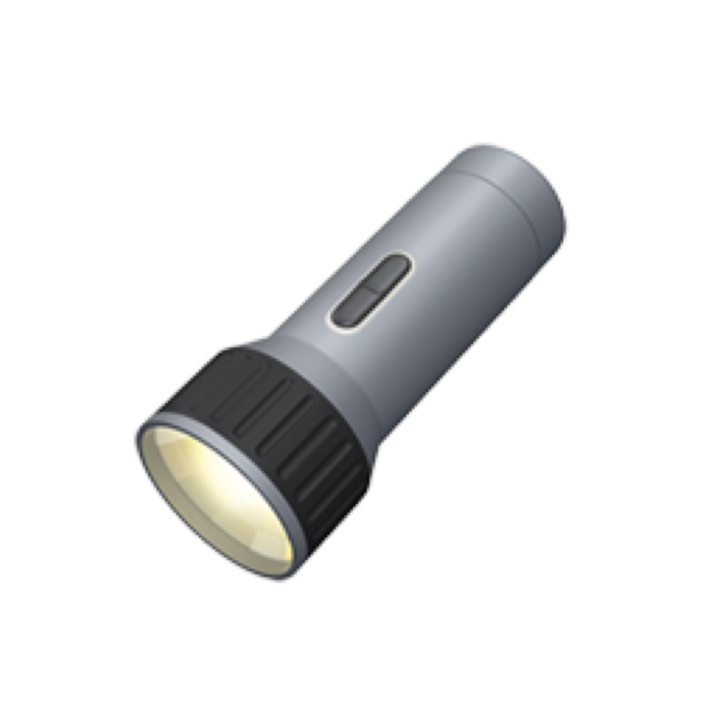BMW X2 (2017-23)

Buyer's Guide & Data from our Checks
The BMW X2 (2017-23) is a stylish compact SUV that stands out in the UK market for its modern design and sporty appeal. It caters to drivers looking for a versatile vehicle that combines practicality with a touch of luxury. Its high popularity, with over 8,300 lookups on mycarcheck.com and nearly 4,350 VINs recorded, demonstrates strong interest among buyers. This vehicle is often used for daily commuting, family errands, or leisure trips, making it suitable for those who want a comfortable and dynamic car for various activities.
The BMW X2 (2017-23) is known for its sleek design, engaging driving experience, and impressive fuel efficiency. It appeals to those seeking a vehicle that balances style and practical features, often preferred by young professionals, small families, or first-time car buyers. Its reputation for reliability and relatively low average mileage of around 35,000 miles has made it a popular choice on the used car market. When compared to rivals, it’s often praised for its premium feel and sporty handling.
What makes the BMW X2 (2017-23) notable is its unique blend of design and performance, offering a more dynamic driving experience than many other compact SUVs. Its standout qualities include refined interiors, advanced safety features, and responsive handling, making it a well-rounded option. In the used market, it is especially valued for retaining its luxury appeal while remaining affordable, making it a top contender among SUV rivals in its class.
Key Findings
The following statistics are drawn from our checks of 4,355 different vehicles, run between February 18th 2021 and December 31st 2025. These real-world insights provide context for this vehicle's place in the market, as well as its typical usage.
8,306
Lookups
Lookups
203
Hidden Histories
Hidden Histories
43k
Average Mileage
Average Mileage
£22,400
Average Valuation
Average Valuation












